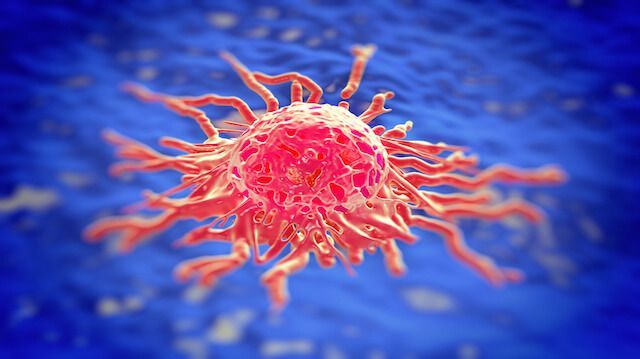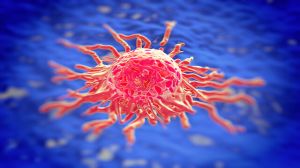
The pancreas is a small organ in the abdomen that is located behind the lower portion of the stomach. It contains enzymes that play an important role in digestion, as well as hormones that assist in metabolizing sugars.
Poor prognosis for pancreatic cancer
Pancreatic cancer claims over 40,000 lives in the U.S. each year. It currently accounts for approximately three percent of all cancers reported in the U.S. and up to seven percent of cancer-related deaths annually.
The prognosis for pancreatic cancer is usually poor, and it is rarely detected early. Once it has taken root, it spreads very quickly and is not usually detected until it is quite advanced. At that point, total surgical removal isn’t generally an option.
According to data from the U.K., ten-year survival rates for patients with pancreatic cancer is below one percent in England and Wales.
Detecting pancreatic cancer
The current process for detecting pancreatic cancer has been anything but easy. Since the symptoms of pancreatic cancer usually don’t manifest until it has become advanced, it is often the symptoms that begin a doctor’s evaluation.
The symptoms of pancreatic cancer often include pain in the abdomen, itching, jaundice, and weight loss. Based on the symptoms, a physical exam and laboratory tests are done. Depending on those results, a computed tomography (CT) scan, magnetic resonance imaging (MRI), ultrasound, or positron emission tomography (PET) scan is performed to detect masses and/or cancer cells.
If a mass is found in the pancreas, it is most likely pancreatic cancer. Currently, only a biopsy truly provides a diagnosis.
Promise of a better early detection system
Research by scientists from the University of Porto, Portugal, in cooperation with the University of Texas, the University of Oviedo, Spain, the University of Texas M.D. Anderson Cancer Center, the National Center for Biotechnology in Madrid, Spain, and the Dresden University of Technology in Germany, have made developments on a blood test to detect pancreatic cancer.
Early findings of the research showed the test to be 100 percent accurate. These findings were published in the journal Nature. While the findings were considered “striking,” more work to perfect and refine the science is needed before it can qualify as a cancer test.
When fat serves a good purpose
 Every cell in the human body is surrounded by a boundary that consists of a fat wall. Little spheres of fat, known as exosomes, separate from the cellular fat wall in order to transport things through the body.
Every cell in the human body is surrounded by a boundary that consists of a fat wall. Little spheres of fat, known as exosomes, separate from the cellular fat wall in order to transport things through the body.
Keeping this in mind, the researchers at the University of Texas M.D. Anderson Cancer Center tailored the test to search for cancer signatures in fatty exosomes. They found that people with pancreatic cancer consistently had high levels of a particular protein, named proteoglycan glypican-1.
Continued testing showed 100 percent accuracy at identifying cancer and pancreatic issues from a participation group of 270 people.
According to a study co-author, Dr. Raghu Kalluri, Ph.D., a professor at the University of Texas M.D. Anderson Cancer Center, “We think the ability to identify and isolate cancer exosomes is a major advance and provides the possibility of immensely benefiting our patients.”
“The clinical symptoms arise late in patients with this cancer and also the tools to track their disease before and after therapy and during remission and relapse are not good,” added Kalluri. “So, having a reliable biomarker with the ability to identify mutations is of great value.”
Because pancreatic cancer is so difficult to detect, you should always take potential symptoms as serious and consult with a physician. In the meantime, adopting healthy lifestyle choices could help you prevent cancers of any type altogether. It’s never too late to start living a better life!
—The Alternative Daily
Sources:
http://www.nature.com/nature/journal/vaop/ncurrent/full/nature14581.html
http://www.bbc.com/news/health-33259440
http://www.mayoclinic.org/diseases-conditions/pancreatic-cancer/basics/definitioncon-20028153
http://www.geneticliteracyproject.org/2015/07/01/new-gene-test-makes-earlier-pancreatic-cancer-detection-possible
http://www.webmd.com/cancer/pancreatic-cancer/pancreatic-cancer-diagnosis?page=2

